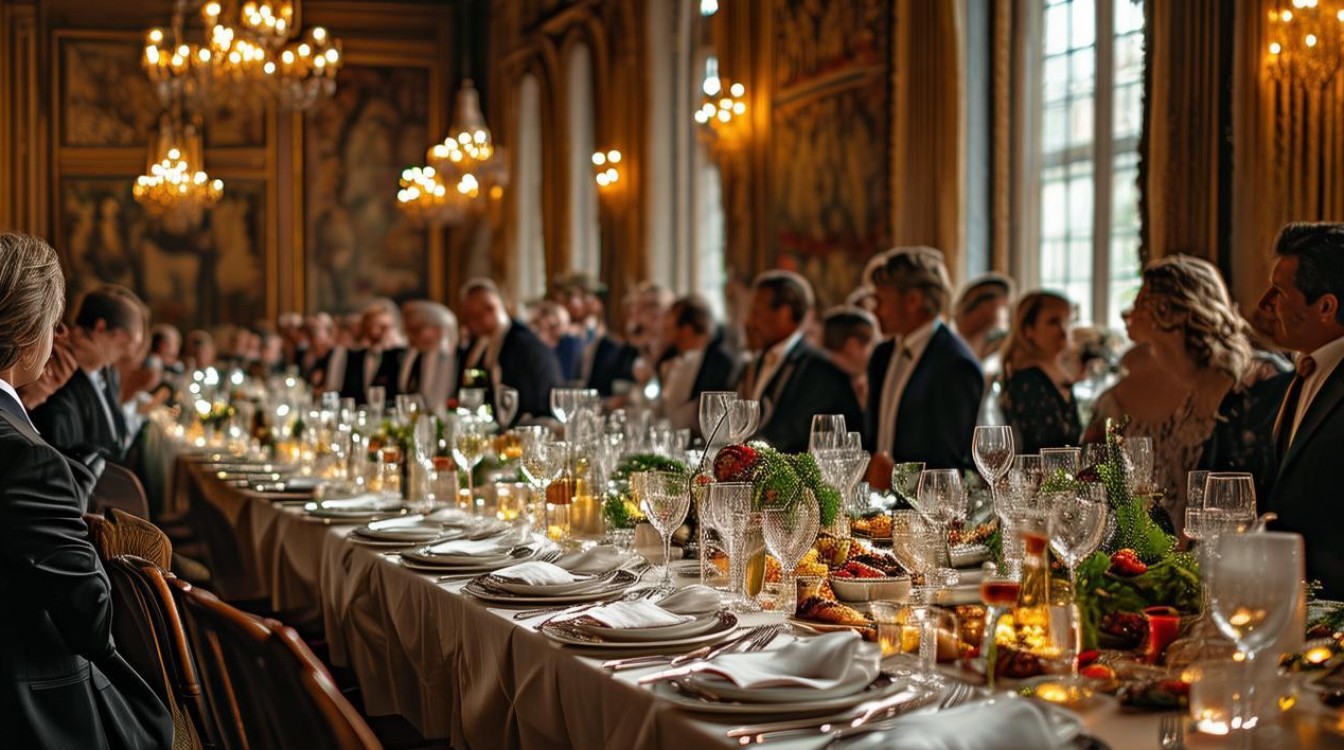Social gatherings are a universal human experience, yet describing them in English presents unique challenges for language learners. Whether planning a casual get-together or attending a formal reception, understanding the vocabulary, etiquette, and cultural nuances can transform awkward encounters into meaningful connections.

Essential Vocabulary for Different Gathering Types
English offers precise terms for various social events:
Intimate Gatherings
- Potluck: Participants bring homemade dishes (e.g., "Let's organize a potluck to celebrate Diwali")
- Game night: Focused on board games or video games ("Our weekly game night builds team camaraderie")
- Housewarming: Celebrating a new home ("The housewarming featured a tour of their renovated kitchen")
Formal Occasions
- Gala: Black-tie fundraising event ("The museum gala raised $50,000 for art restoration")
- Reception: Post-ceremony gathering ("Wedding receptions often include speeches and dancing")
- Banquet: Seated meal with speeches ("The awards banquet honored scientific achievements")
Professional Events
- Networking mixer: Structured socializing ("The alumni mixer facilitated valuable industry connections")
- Conference: Multi-day professional meeting ("Panel discussions dominated the tech conference agenda")
- Seminar: Educational workshop ("The writing seminar covered publishing trends")
Cultural Nuances in Gathering Descriptions
British and American English differ significantly:
- "Bring a plate": In Australia means bring food; in the U.S. implies empty dishware
- "BYOB": Common in American invitations but considered rude in formal UK events
- RSVP timelines: French events expect responses 3 weeks prior, while Brazilian gatherings accept last-minute confirmations
Japanese nomikai (drinking parties) follow strict seating hierarchies, while Swedish fika (coffee breaks) emphasize egalitarian participation. Recognizing these subtleties prevents cross-cultural misunderstandings.

Sample Dialogues for Common Scenarios
Hosting Conversation
A: "We're hosting a barbecue this Saturday—weather permitting!"
B: "Should I bring anything? I make excellent potato salad."
A: "That would be perfect! We're providing grilled meats and drinks."
Declining Invitations Gracefully
"Thank you for thinking of me! Unfortunately, I have a prior commitment that day, but I'd love to join next time."
Professional Networking
C: "What brought you to this conference?"
D: "I'm particularly interested in the renewable energy panel. How about you?"
Common Pitfalls to Avoid
-
Overusing generic terms
Weak: "We had a good party"
Strong: "The rooftop cocktail party featured live jazz and artisan hors d'oeuvres" -
Misjudging formality
Inappropriate: "Hey boss, wanna grab a beer later?"
Professional: "Would you be available for coffee to discuss the project?" -
Ignoring dietary restrictions
Better: "Our menu includes vegan and gluten-free options—please let us know your preferences"
Advanced Descriptive Techniques
Sensory Details
"The harvest festival enveloped visitors in cinnamon-spiced aromas, with children's laughter punctuating folksy guitar melodies."
Historical Context
"Modern office holiday parties evolved from Victorian-era employer gifts, maintaining traditions like secret Santa while incorporating digital elements."
Metaphorical Language
"The neighborhood block party became a tapestry of cultures, each dish representing a different family heritage."
Practical Exercises
-
Rewrite this basic description:
"We had food and music at our party"
Enhanced version: "Our midsummer garden party featured a seafood paella station and acoustic covers of Beatles classics." -
Cultural comparison:
Contrast how Chinese wedding banquets (12-course meals with symbolic dishes) differ from Western buffet-style receptions. -
Role-play:
Practice negotiating a party schedule with an imaginary British colleague who prefers early endings, while you favor late-night celebrations.
Mastering gathering terminology does more than expand vocabulary—it builds bridges between cultures. When a German exchange student correctly identifies an American baby shower versus a gender reveal party, or when a Japanese businessman navigates a British pub quiz night with confidence, these moments represent language learning at its most practical and profound.
The next time you extend or receive an invitation in English, remember that each gathering type carries its own linguistic code. Whether you're deciphering the dress code for a black-tie optional event or determining if a house party requires a host gift, your word choices shape social perceptions as powerfully as your actions. In our increasingly interconnected world, the ability to precisely describe shared experiences in English opens doors—sometimes literally—to richer human connections.

